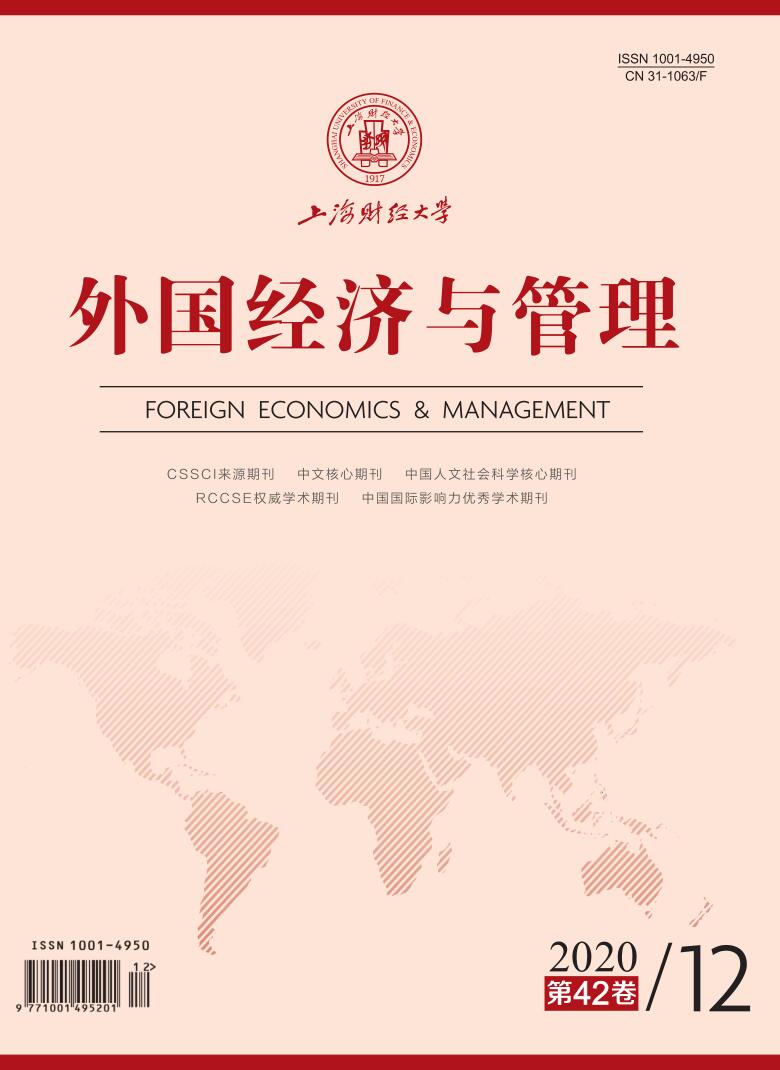How to improve the performance of cross-border M&As has been an important research topic in the field of international business. Scholars find that one key explanatory variable for cross-border acquisition performance relates to cross-national distance, i.e., the distance between the acquirer’s home country and its host country. Existing literature has extensively studied the influence of cross-national distance on cross-border M&A performance, and tried to discover whether and how various types of such a distance affect the completion of acquisition event, the stock market reaction to event announcement, and long-term post-acquisition performance. However, empirical findings on the above relationship remain inconclusive. For instance, some scholars draw arguments from the institutional theory, and propose that cross-national distance create additional transaction costs and have a negative impact on cross-border acquisition performance; some researchers rely on the knowledge-based view and suggest that cross-national distance help acquirers access complementary resources and technological skills, thus improving cross-border acquisition performance; and others apply the theory of information asymmetry to contend that extreme distance or proximity between two nations lead to poor cross-border acquisition performance. Therefore, the answer to the question of how cross-national distance affects cross-border acquisition performance remains unclear.
This study attempts to use the Meta-analysis method to make a comprehensive comparative analysis of previous studies, and verify the relationship between cross-national distance (including cultural distance, institutional distance, geographic distance and economic distance) and the performance of cross-border M&As (including market returns at announcement, acquisition completion or not, and long-term performance). In addition, this study takes the direction and timing of cross-national distance into consideration and treats them as two contextual moderators. To ensure the completeness and accuracy of literature collection, this study conducts a rigorous and thorough literature search. Relevant literature comes from two major academic databases – CNKI and Web of Science – and must meet the methodological requirements of Meta-analysis. Eventually, this study selects 44 independent articles, and conducts subsequent coding, measurement and statistics by utilizing the Comprehensive Meta-analysis (CMA) software.
Meta-analysis findings show a negative relationship between cross-national distance and cross-border acquisition performance. In addition, the degree of home country’s economic development and the sampling time have significant moderating effects: When the acquirer comes from an emerging market, or when the sampling time is before 2008, the negative relationship between cross-national distance and cross-border acquisition performance will be more prominent. Drawing upon the insights from the Meta-analysis findings, this study identifies three directions for future research by considering industry- and firm-level distance, multi-dimensional distance, and directional distance.






 6228
6228  7839
7839

